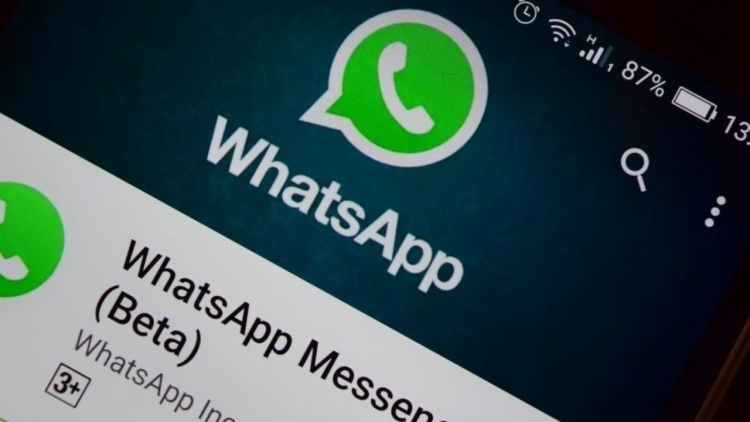New Delhi: The Indian government, on Wednesday, said it respects the fundamental right to privacy and has no intention to violate it by asking messaging platform WhatsApp to disclose the first originator of a particular message.
The government’s statement is in response to WhatsApp filing a case against India’s new guidelines for digital media intermediaries, which came into effect earlier today. The guidelines require significant social media intermediaries.
Social media platforms with over 5 million users to enable identification of the first originator of any piece of information which the government feels could jeopardise the sovereignty and integrity of India or includes sexually explicit material. Platforms such as WhatsApp have however claimed that fulfilling such requests of the government would mean breaking the end-to-end (E2E) encryption on its platform and jeopardise user privacy.
Union Minister Ravi Shankar Prasad said that while the Government of India is committed to ensuring the right to privacy to all its citizens, it is also the responsibility of the government to maintain law and order and ensure national security. IT Minister Ravi Shankar Prasad also stated that “none of the measures proposed by India will impact the normal functioning of WhatsApp in any manner whatsoever and for the common users, there will be no impact”
“It is in public interest that who started the mischief leading to such crime must be detected and punished. We cannot deny as to how in cases of mob lynching and riots etc. repeated WhatsApp messages are circulated and recirculated whose content are already in public domain. Hence the role of who originated is very important,” read a government statement on the matter.
The Centre further claimed that the provision meets the test of proportionality, and will only be used as a last resort measure. The guidelines were introduced on February 25 and social media intermediaries were given three months to comply with the same.
They also require significant social media intermediaries to appoint a resident grievance officer, a chief compliance officer and a nodal person of contact for 24×7 coordination with Indian law enforcement agencies. As on 26 May, only Indian microblogging platform Koo has publicly claimed that it is now complying with the new guidelines.
WhatsApp’s parent company Facebook has said that it intends to ensure compliance but has sought engagement with the Indian govenrnment on some key issues.


Comments are closed.